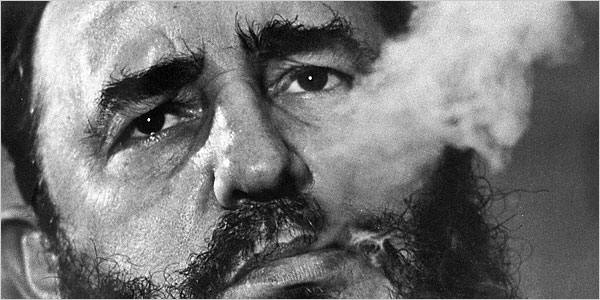| Want to send this page or a link to a friend? Click on mail at the top of this window. |
| More Books and Artsl |
| Posted December 28, 2008 |
| Books |
| Target: Castro | |
|
|
|
 |
|
| CHARLES TASNADI/ASSOCIATED PRESS | |
|
|
| By ALEX BERENSON |
|
_________________ |
|
FIDEL'S LAST DAYS |
| By Roland Merullo |
| 268 pp. Shaye Areheart |
| Books. $23. |
| _________________ |
| Wehaitians.com, the scholarly journal of democracy and human rights |
| More from wehaitians.com |